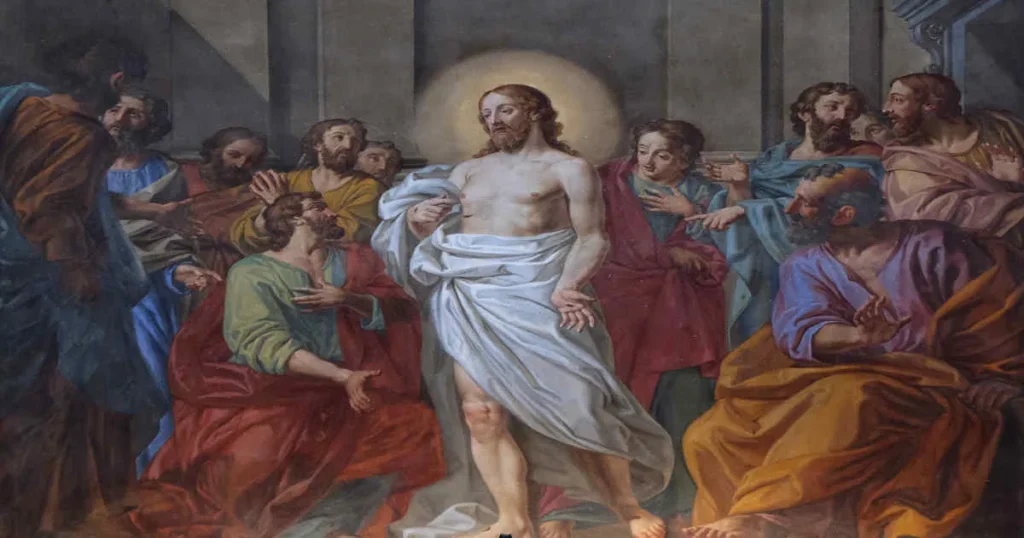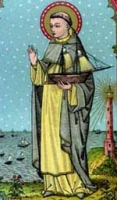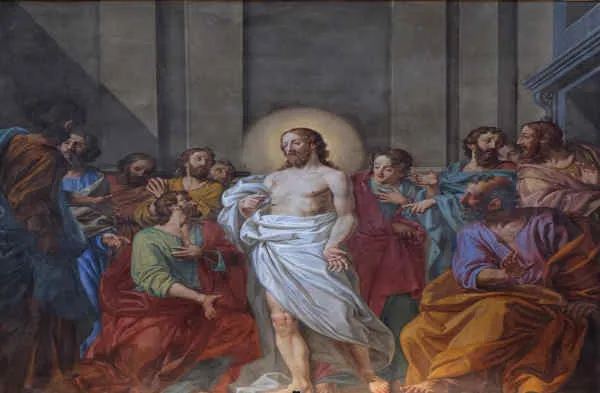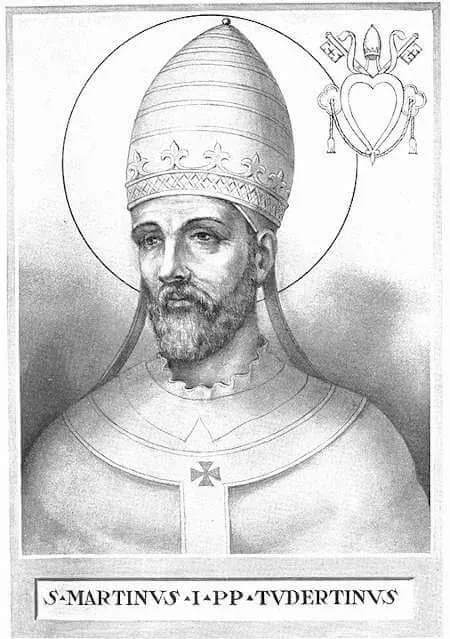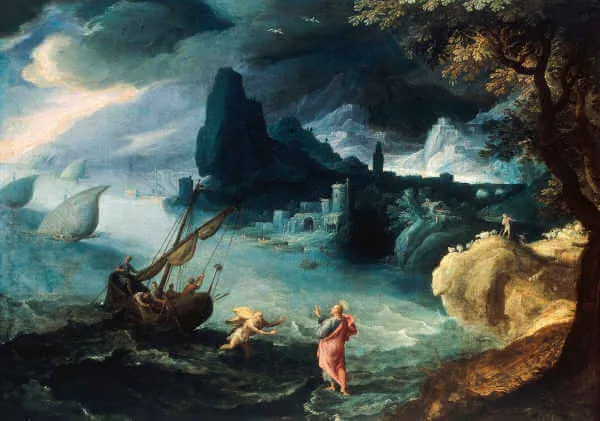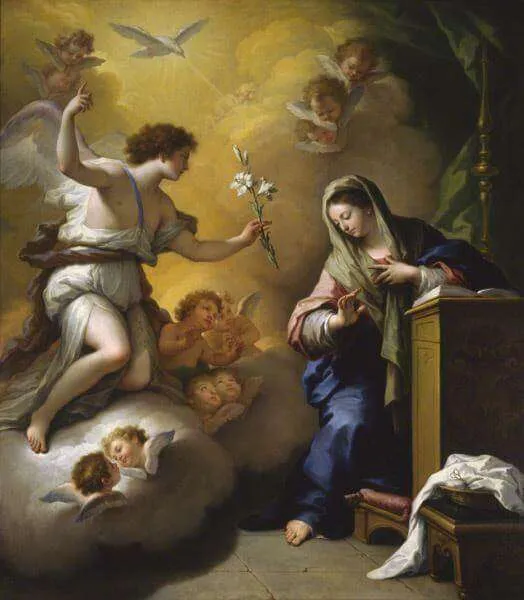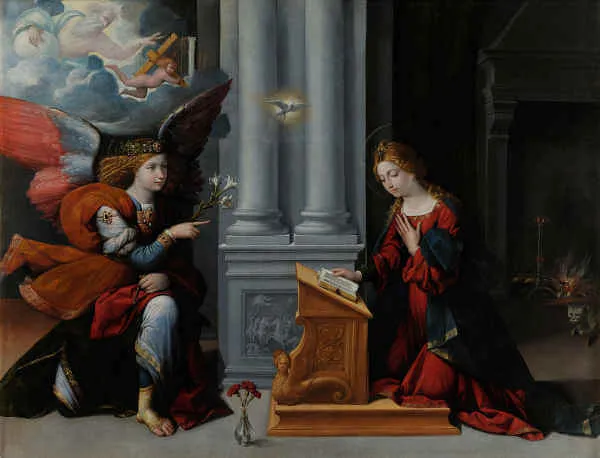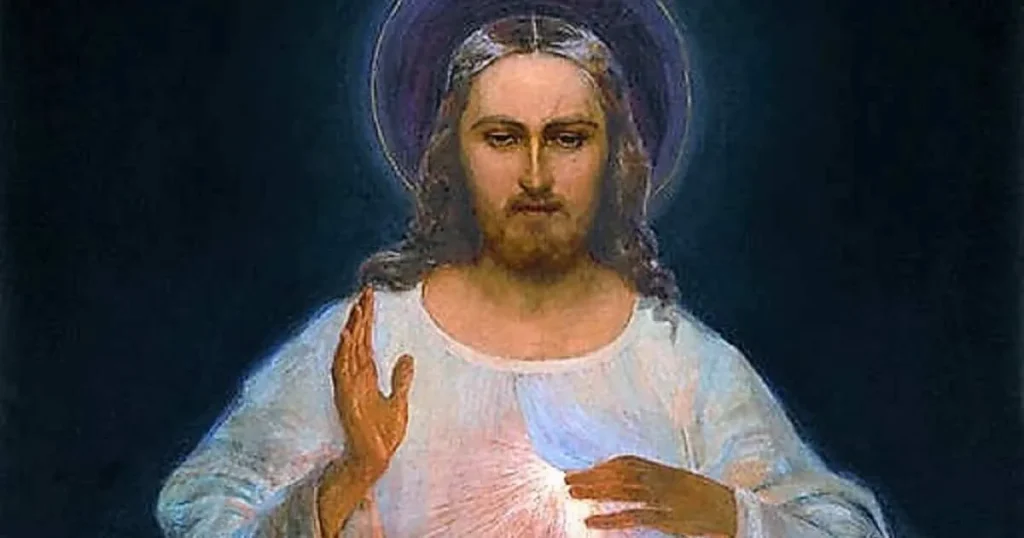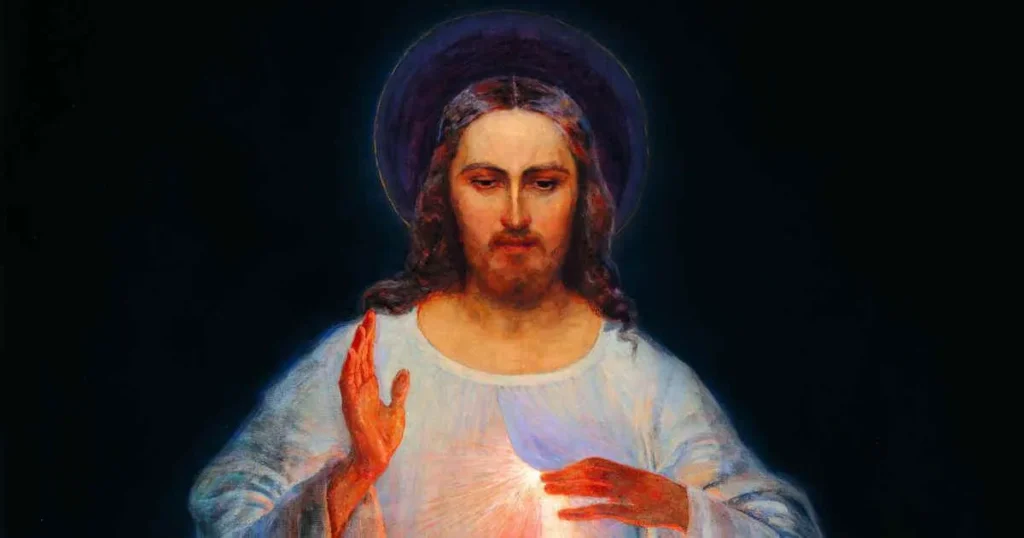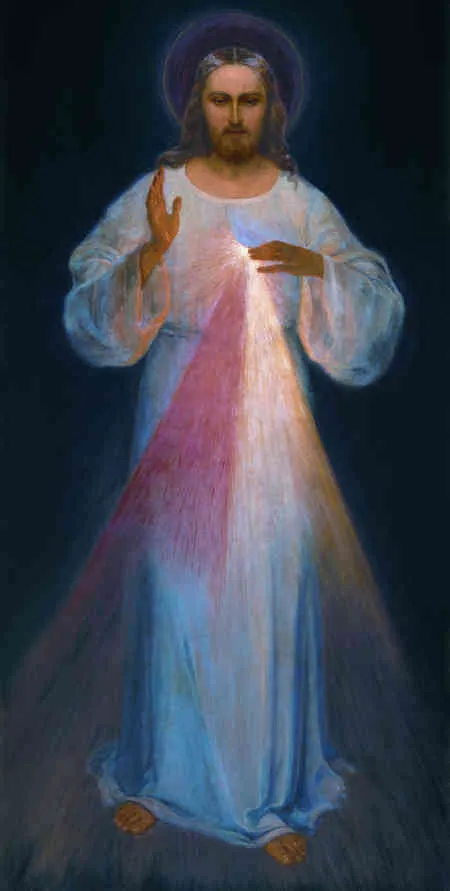Third Sunday of Easter
First Reading Acts 3:13-15, 17-19
Peter said to the people:
“The God of Abraham,
the God of Isaac, and the God of Jacob,
the God of our fathers, has glorified his servant Jesus,
whom you handed over and denied in Pilate’s presence
when he had decided to release him.
You denied the Holy and Righteous One
and asked that a murderer be released to you.
The author of life you put to death,
but God raised him from the dead; of this we are witnesses.
Now I know, brothers,
that you acted out of ignorance, just as your leaders did;
but God has thus brought to fulfillment
what he had announced beforehand
through the mouth of all the prophets,
that his Christ would suffer.
Repent, therefore, and be converted, that your sins may be wiped away.”
Responsorial Psalm Psalms 4:2, 4, 7-8, 9
R. (7a) Lord, let your face shine on us.
When I call, answer me, O my just God,
you who relieve me when I am in distress;
have pity on me, and hear my prayer!
R. Lord, let your face shine on us.
Know that the LORD does wonders for his faithful one;
the LORD will hear me when I call upon him.
R. Lord, let your face shine on us.
O LORD, let the light of your countenance shine upon us!
You put gladness into my heart.
R. Lord, let your face shine on us.
As soon as I lie down, I fall peacefully asleep,
for you alone, O LORD,
bring security to my dwelling.
R. Lord, let your face shine on us.
Second Reading 1 John 2:1-5a
My children, I am writing this to you
so that you may not commit sin.
But if anyone does sin, we have an Advocate with the Father,
Jesus Christ the righteous one.
He is expiation for our sins,
and not for our sins only but for those of the whole world.
The way we may be sure that we know him is to keep
his commandments.
Those who say, “I know him,” but do not keep his commandments
are liars, and the truth is not in them.
But whoever keeps his word,
the love of God is truly perfected in him.
Alleluia Cf. Lk 24:32
R. Alleluia, alleluia.
Lord Jesus, open the Scriptures to us;
make our hearts burn while you speak to us.
R. Alleluia, alleluia.
Gospel Luke 24:35-48
The two disciples recounted what had taken place on the way,
and how Jesus was made known to them
in the breaking of bread.
While they were still speaking about this,
he stood in their midst and said to them,
“Peace be with you.”
But they were startled and terrified
and thought that they were seeing a ghost.
Then he said to them, “Why are you troubled?
And why do questions arise in your hearts?
Look at my hands and my feet, that it is I myself.
Touch me and see, because a ghost does not have flesh and bones
as you can see I have.”
And as he said this,
he showed them his hands and his feet.
While they were still incredulous for joy and were amazed,
he asked them, “Have you anything here to eat?”
They gave him a piece of baked fish;
he took it and ate it in front of them.
He said to them,
“These are my words that I spoke to you while I was still with you,
that everything written about me in the law of Moses
and in the prophets and psalms must be fulfilled.”
Then he opened their minds to understand the Scriptures.
And he said to them,
“Thus it is written that the Christ would suffer
and rise from the dead on the third day
and that repentance, for the forgiveness of sins,
would be preached in his name
to all the nations, beginning from Jerusalem.
You are witnesses of these things.”
Source: https://bible.usccb.org/bible/readings/041424.cfm
Third Sunday of Easter Read More »


